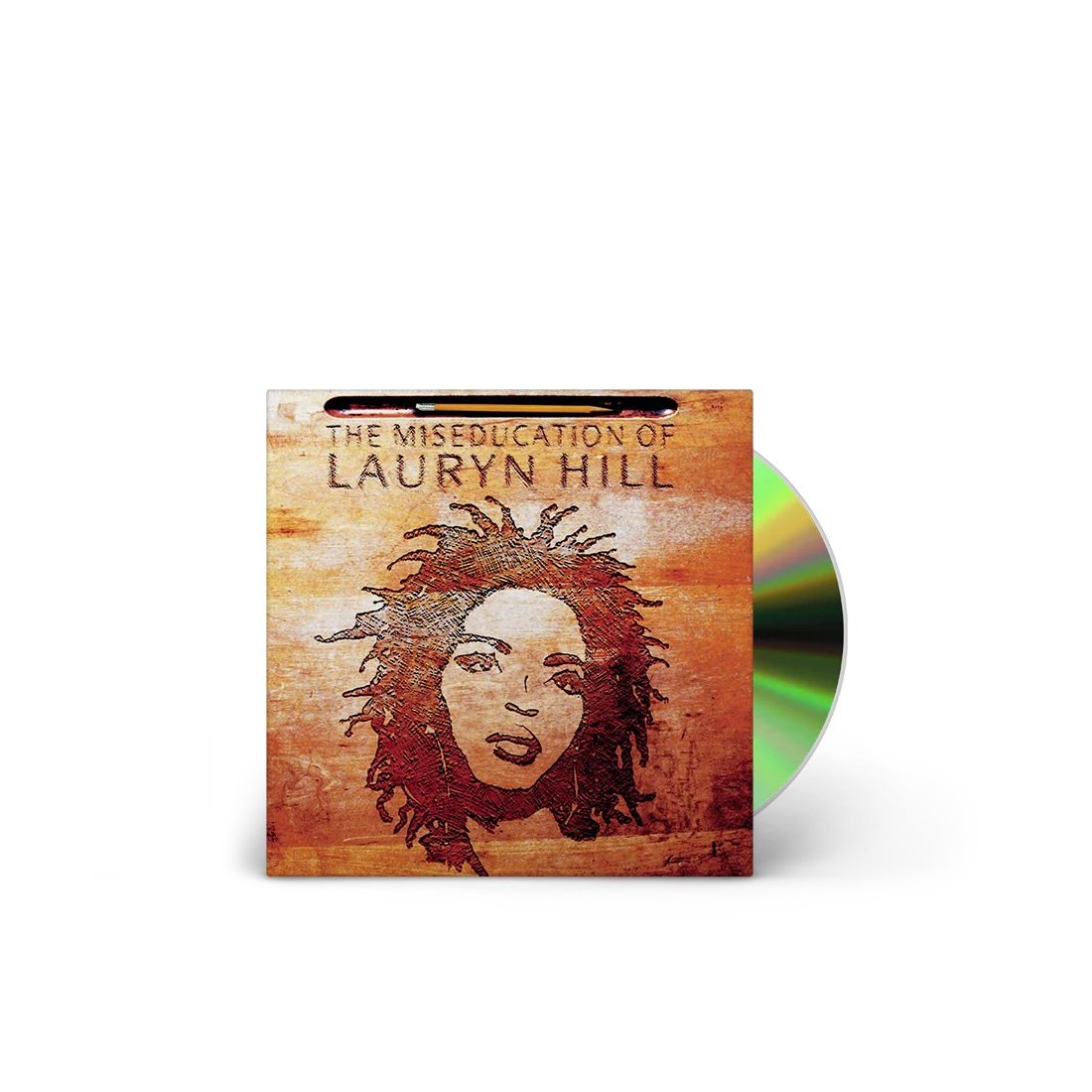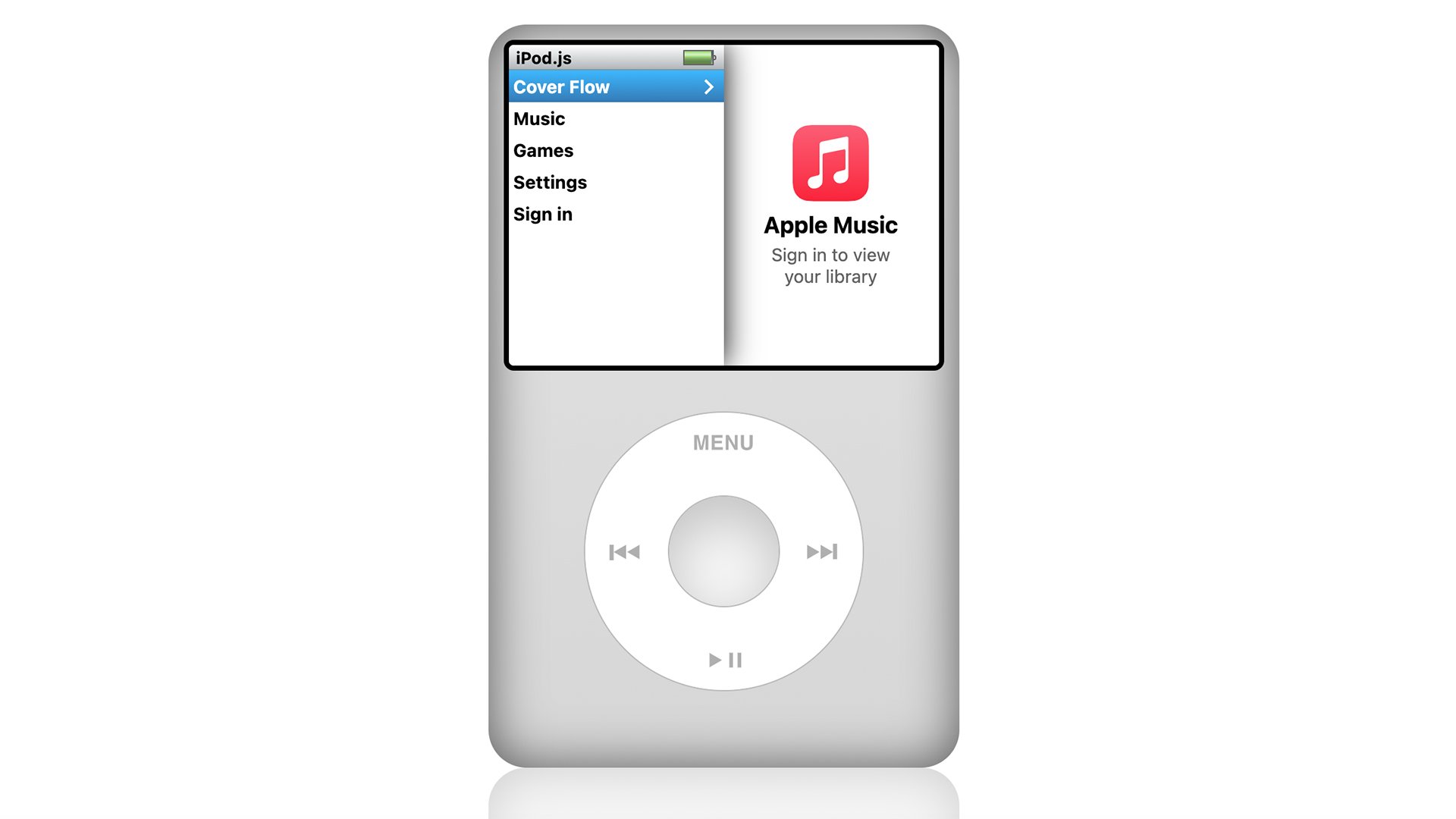From Vinyl to Viral: A Journey Through Music’s Technological Revolution
The rhythmic pulse of technology has forever altered the landscape of the music industry

The rhythmic pulse of technology has forever altered the landscape of the music industry. From the vinyl records of the past to the digital beats that dominate today’s charts, technological advancements have played a pivotal role in shaping the sound, accessibility, and reach of music. In this journey through time, we’ll explore the trailblazing tech companies that have left an indelible mark on the world of music, with a particular focus on how these innovations have helped Black artists break through into the mainstream.

1970s: The Birth of Hip-Hop and the Turntable Revolution
The late 1970s marked the birth of a cultural phenomenon known as hip-hop. The turntable, a humble piece of technology, became the primary instrument of hip-hop’s early pioneers. Innovations like the Technics SL-1200 turntable allowed DJs to manipulate vinyl records, creating entirely new sounds by looping and scratching. Hip-hop legends like Grandmaster Flash and Kool Herc harnessed these tools to lay the foundation for a genre that would soon captivate the world.
1980s: The Rise of the Drum Machine and Sampling

As the ’80s dawned, drum machines like the Roland TR-808 and TR-909 began to revolutionize music production. These machines enabled artists to craft beats with unparalleled precision and consistency, leading to the emergence of electronic dance music and the proliferation of hip-hop. Black artists like Run-DMC, with their groundbreaking “King of Rock,” and Public Enemy, with their politically charged “It Takes a Nation of Millions to Hold Us Back,” harnessed the power of drum machines and sampling to create iconic tracks that resonated with audiences worldwide.
1990s: The Era of Compact Discs and Digital Recording

The 1990s brought the advent of compact discs (CDs) and digital recording technology, marking a seismic shift in how music was produced and consumed. Companies like Sony and Philips introduced CDs, delivering crystal-clear sound and replacing vinyl records as the dominant format. At the same time, digital recording software like Pro Tools empowered artists to experiment with their sound in entirely new ways. Black artists like Mary J. Blige leveraged these technologies to craft influential albums that defined the R&B and hip-hop genres during this decade.
2000s: The Dawn of Digital Downloads and Online Music Platforms

The turn of the millennium witnessed the rise of digital downloads and online music platforms. Companies like Apple, with its iTunes store, allowed consumers to purchase and download individual songs, transforming the way music was bought and sold. Concurrently, MySpace emerged as a groundbreaking platform for independent artists to share their music directly with audiences, paving the way for artists to gain recognition without traditional record label backing.
2010s: Streaming Services and Social Media

The 2010s ushered in the era of music streaming, with platforms like Spotify, Apple Music, and Tidal taking center stage. Streaming services offered unprecedented access to vast music libraries, leveling the playing field for emerging artists. Social media platforms like Twitter and Instagram became essential tools for artists to connect with their fans and promote their work, democratizing self-promotion.

2020s: NFTs, Virtual Reality, and the Future of Music
As we step into the 2020s, technology continues to shape music in unprecedented ways. Non-fungible tokens (NFTs) have emerged as a new frontier for artists to monetize their work and engage with fans. Virtual reality (VR) concerts and immersive experiences offer innovative ways for artists to connect with their audiences, transcending geographical boundaries and providing unique performance opportunities.
The influence of technology on music has been profound and transformative. From the turntable’s scratchy beginnings to the digital streaming platforms of today, technology has democratized music production, distribution, and consumption. Black artists have continually harnessed these innovations to break through barriers, express their creativity, and shape the soundscape of our times. As we move forward, the horizon of music technology remains vast and uncharted, promising new possibilities that will undoubtedly continue to level the playing field for artists from all walks of life.




